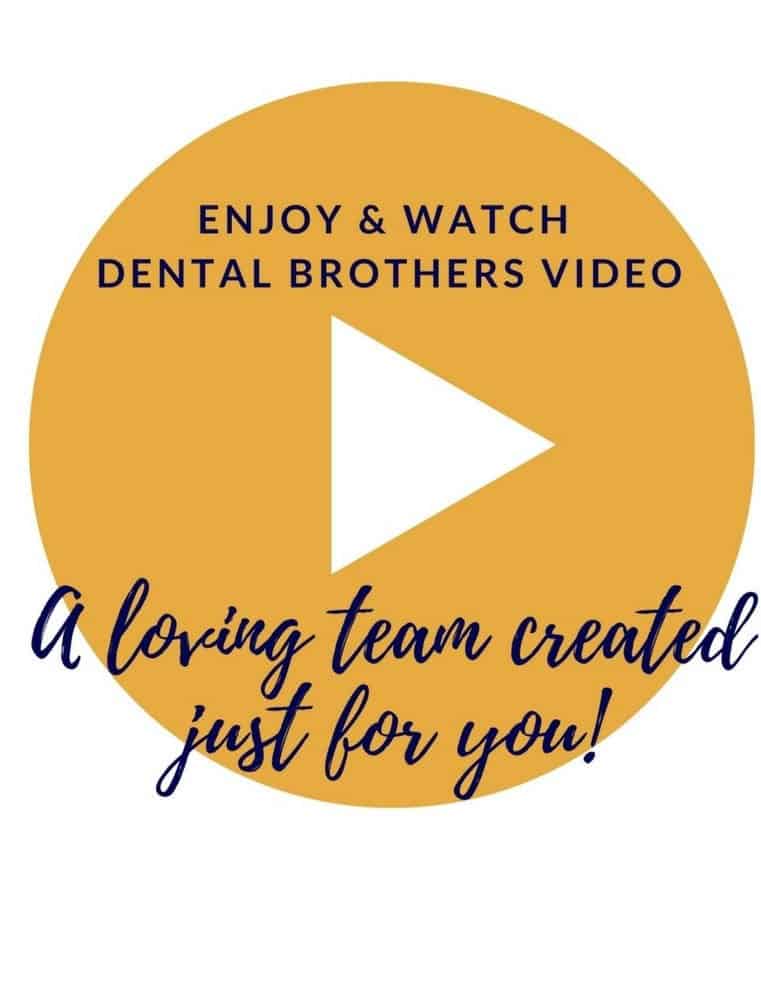5 Things You Should Never Do in a Dental Emergency and What To Do Instead

Dental emergencies in Mesa happen all the time, but that doesn’t mean that they’re not a big deal. When you have a problem with your mouth or teeth, don’t make these five dental emergency mistakes.
Table of Contents
Don’t Wash the Tooth

If the tooth fell on the ground and is dirty, gently rinse the visible dirt off. The main thing is to not go overboard scrubbing the tooth. Visible dirt is all that you should worry about. Then, proceed as detailed above, trying to place the tooth in the socket or putting it in a safe, moist place until you make it to the dentist.
Have someone call the dentist for you to make an emergency appointment. If the dentist can get you in, he or she may be able to save the tooth. Sometimes, if patients can make it to the dentist in less than two hours, the tooth can be saved.
Don’t Wait Around to See if It Gets Better
If you took a hard blow to the mouth and your tooth feels loose, call your dentist right away. Don’t put it off, thinking that it might get better. The dentist will be able to tell you whether or not you need treatment to save the tooth. Don’t procrastinate, though. The sooner they see your tooth, the more likely it is that they will be able to save your tooth.
Toothaches are painful and inconvenient, and they are something for which you should seek treatment immediately. Sometimes a toothache is because of a cavity or loose filling. However, other times it’s caused by a dental abscess.
Abscesses are infections that take place in the root of the tooth or in the spaces between a tooth and the gums. These infections can spread to other teeth, damaging your gums and teeth. Sometimes, an abscess can spread to other parts of the body, and this can be very painful and serious. It’s hard to know whether your pain is due to a cavity or a dental abscess, so always call the dentist and make an appointment when you have a toothache.
Don’t Use Heat

Don’t Put Medicines Directly on Your Tooth or Gums
A folk remedy says that putting an aspirin tablet at the source of your mouth pain will help to relieve it. However, this is a terrible idea. Your gums and the inside of your mouth have very sensitive surfaces, and the dissolving aspirin can give you a chemical burn, compounding your pain! Instead, swallow a pain reliever like ibuprofen which also has anti-inflammatory effects, or Tylenol, if you cannot take ibuprofen.
Don’t Discard Pieces of a Broken Tooth

Conclusion
The most important thing to do in a dental emergency is to call your dentist as soon as possible and ask for advice. Even if it’s not during business hours, they want to hear from you in an emergency. Dentists are doctors too! Even if they aren’t on call every weekend or evening, they may make arrangements with other dentists in Phoenix to cover emergencies after hours. A good dentist would rather see a patient on a weekend and try to help them rather than have that patient suffer and compound their dental problems by waiting until the office opens on a Monday morning.

